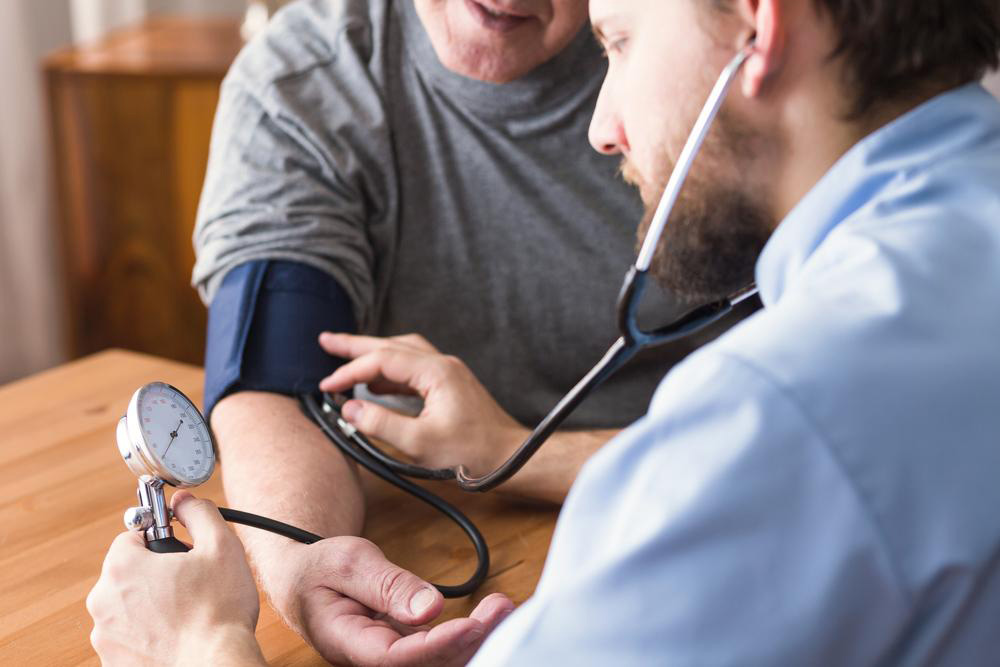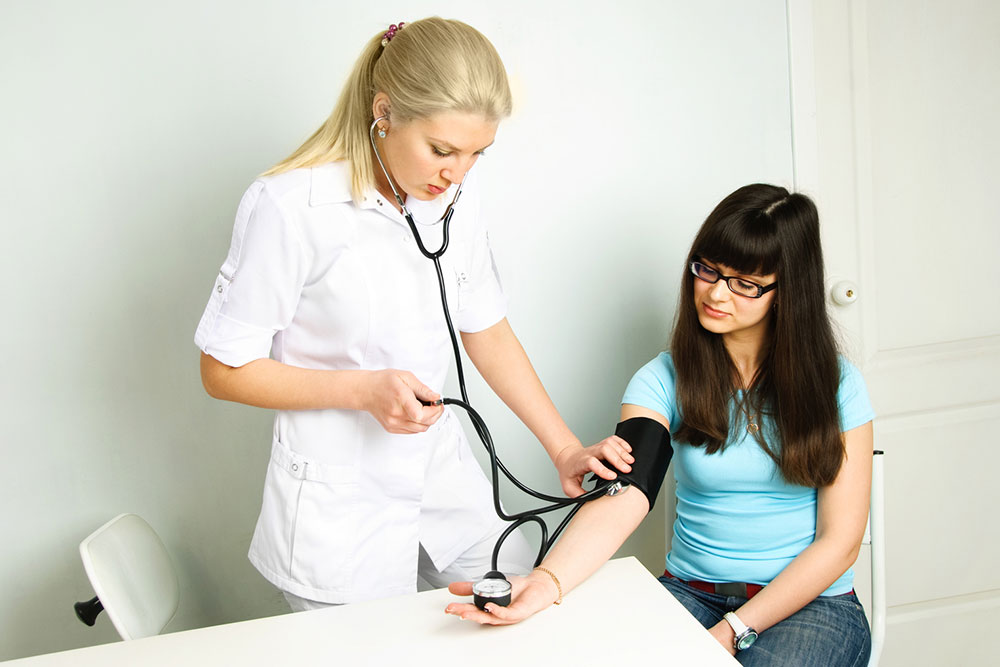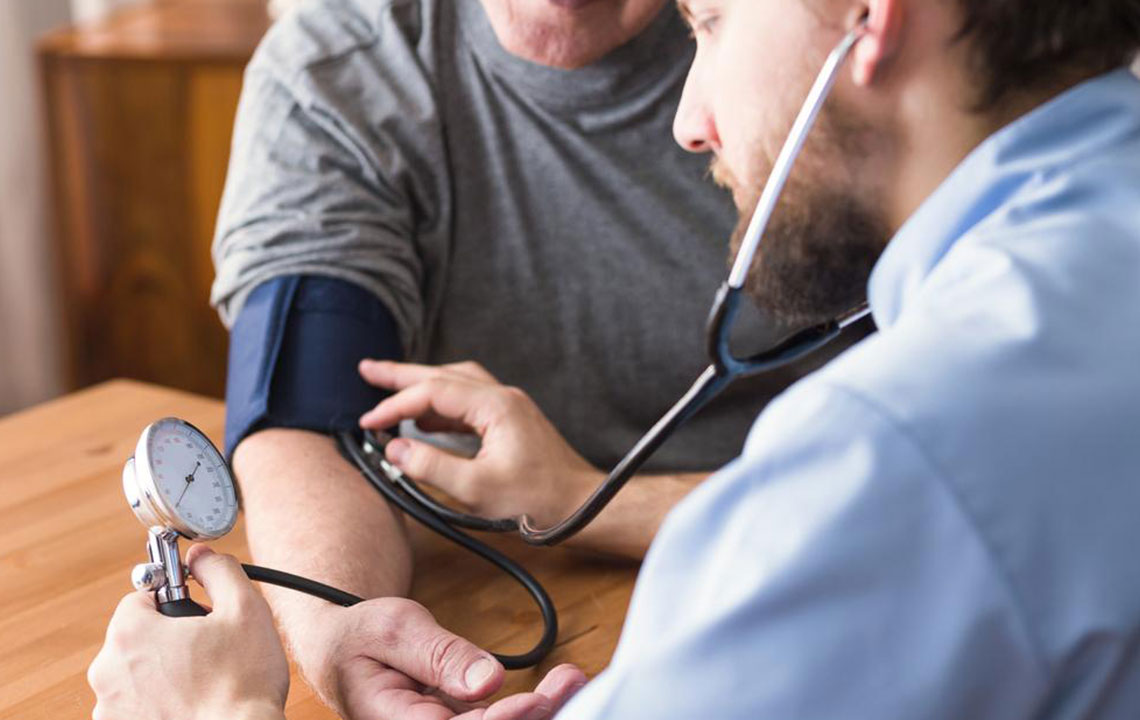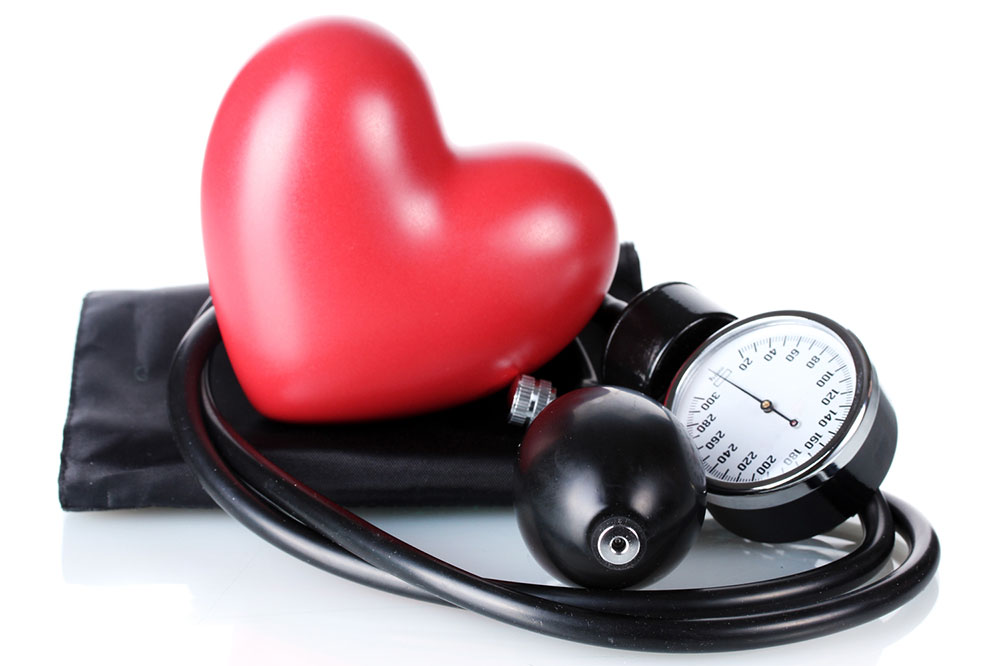Effective Strategies to Manage High Blood Pressure
Discover practical lifestyle changes to manage hypertension effectively. Learn about diet, exercise, stress reduction, and monitoring techniques that help lower blood pressure naturally and prevent related health issues. This comprehensive guide emphasizes the importance of consistent habits and regular check-ups for optimal heart health.

Effective Strategies to Manage High Blood Pressure
Hypertension, commonly known as high blood pressure, is a chronic condition characterized by elevated pressure in the arteries. Often symptomless, it can lead to serious heart complications over time. Approximately 90% of hypertension cases are linked to genetics or unhealthy lifestyles, while the rest are caused by underlying health issues.
Normal blood pressure is around 120/80 mmHg. Readings above 140/90 mmHg indicate hypertension. Lifestyle changes play a crucial role in controlling blood pressure without medication.
Maintain a Healthy Weight
Excess weight can raise blood pressure and contribute to sleep apnea, further worsening hypertension. Losing even 10 pounds can significantly reduce blood pressure levels.
Engage in Physical Activity
Regular exercise, such as walking, cycling, or jogging, can lower blood pressure by up to 9 mm Hg. Consistency is vital, as stopping exercise may cause blood pressure to rise again. Exercise is especially beneficial for those with mild hypertension to prevent progression.
Adopting a nutritious diet helps in blood pressure management. The DASH diet—rich in fruits, vegetables, whole grains, and low-fat dairy—can decrease blood pressure by about 14 mm Hg. Incorporating natural remedies like hibiscus tea, coconut water, garlic, melons, and cod liver oil can further support heart health.
Reduce Sodium Intake
Cutting back on salt may lower blood pressure by approximately 9 mm Hg, with variations based on ethnicity.
Limit Alcohol Consumption
Light alcohol intake might reduce blood pressure slightly, but excessive drinking can have adverse effects and raise blood pressure.
Quit Smoking
Cigarette consumption causes immediate spikes in blood pressure. Quitting smoking yields noticeable improvements, regardless of age.
Limit Caffeine
Excess caffeine can raise blood pressure by about 10 mm Hg in non-users. Habitual coffee drinkers may be more vulnerable to hypertension.
Manage Stress
Chronic stress contributes to hypertension. Techniques like yoga, meditation, and regular exercise help mitigate stress levels.
Monitor Blood Pressure Regularly
Keeping track at home and consulting healthcare providers ensures effective management of hypertension through lifestyle adjustments.










